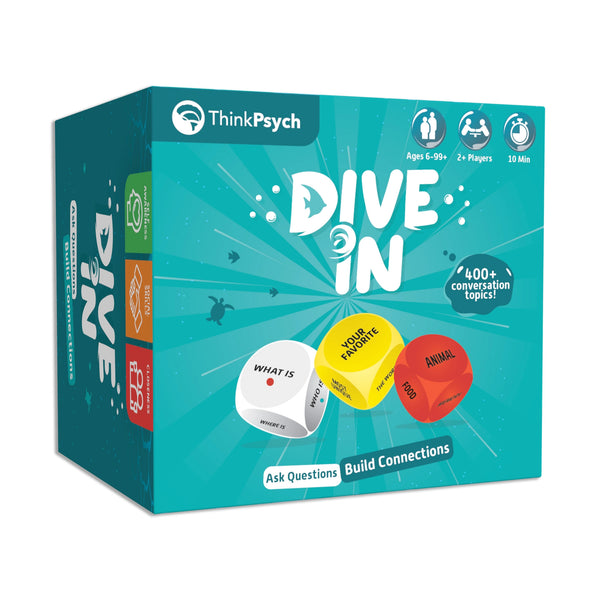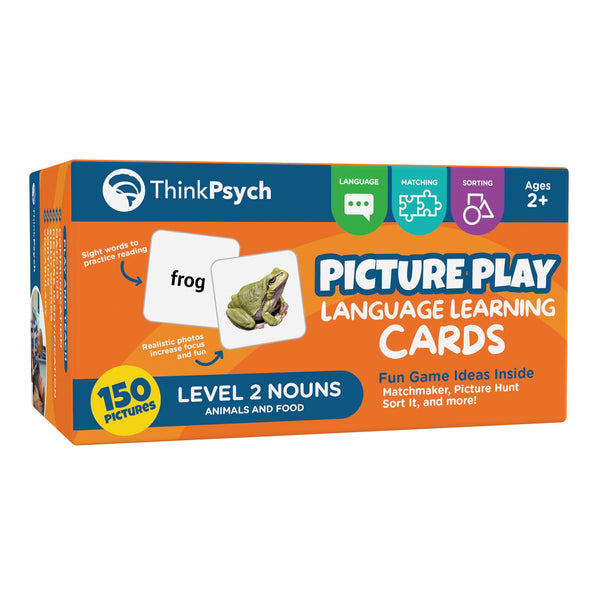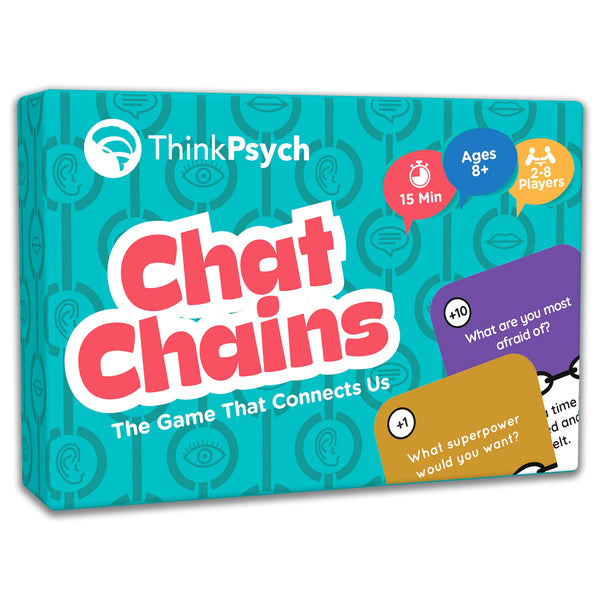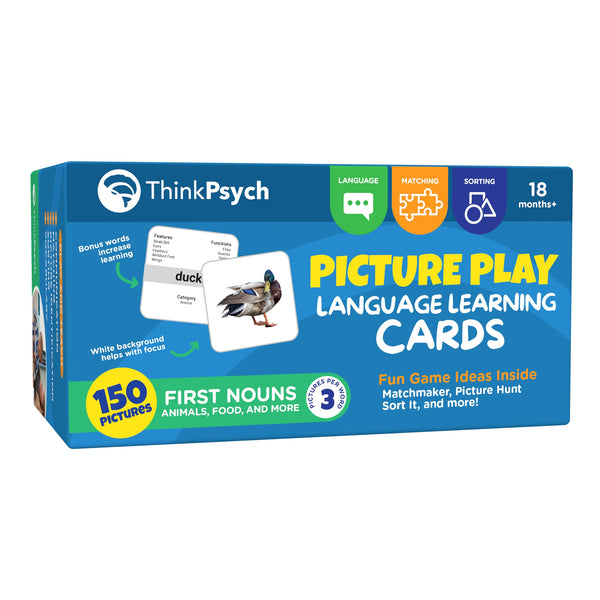
Middle School Transition Issues or Normal Adjustment?
Share
As a middle school special education case manager, I spend the first nine weeks of the school year fielding calls from parents whose students are struggling mightily with the transition from elementary to middle school. I want to let you know:
An adjustment period where things don’t look great is completely normal.
Students are often adjusting from having one teacher for most of the day to six or more. You might see them missing some assignments as they get into the swing of things. Middle school teachers have an expectation — maybe not completely warranted, especially for our special education students who can struggle with executive function — that children can independently manage deadlines and study for upcoming tests.
Grades might be lower than your child saw in elementary school when they were king of the school and used to their teacher’s expectations. What was OK with an elementary teacher who knew your child’s style and intention may not be acceptable to a middle school teacher.
Your pre-teen may be moody, recalcitrant or … kind of a jerk, as they try to fit in with a peer group that embraces posturing and “roasting” each other as a way of life. They are adapting to a new set of peers (possibly, a whole new demographic of peers). Some of them are more interested in engaging with new friend groups and friend politics than academics. They might be constantly on social media, afraid of missing out on anything happening with their peers.
These are all normal, if annoying, signs of age-appropriate development. You can expect that as they grow used to the increased load of middle school that they will adjust appropriately before the winter break.
How can you tell if your child’s normal adjustment period is a sign of middle school transition issues?
Your child’s behavior changes drastically.
It’s not uncommon for children’s behavior to change as they enter puberty, discover the allure of their peers, start trying to impress new friend groups, or become immersed in new identities for themselves. However, if you notice a drastic behavior change, or your child becoming withdrawn, take notice.
Your child expresses extremely negative self-talk or self-loathing.
Dealing with the increased responsibilities and expectations as they age is demanding. You can expect your child to express frustration and stress as they navigate new roles and new identities. If these reflections of themselves become extremely negative, reach out to your school’s guidance counsellor.
Your child is constantly sick with no medical reason.
Stress can manifest itself in the body in impactful ways. Anyone who has ever experienced a panic attack can attest that the body’s response to stress can seem like an overreaction that can make situations feel infinitely worse. Constant backaches, headaches, and upset stomach can all be signs that your child’s school experience is overwhelming for them and they need help. A school guidance counsellor can assist your child in adopting strategies for coping with stress.
Your child is failing despite trying.
Special Education services are provided to bridge the gap and allow your child to succeed. If your child is trying and still failing while using their provided accommodations, their IEP, and possibly placement, should be reviewed. Reach out to the teacher or your child’s special education case manager if your child is trying hard and not meeting grade level standards.
Shop ThinkPsych Products
What parents can do to help proactively:
Review the accommodations used by your child.
Although the IEP is a legal document, many of the accommodations your child receives are probably not explicitly defined by law and will depend upon the interpretation of your district or school (also read: Does my child need an IEP?) For example, many children are accommodated with extra time to work on assignments… but this extra time doesn’t magically get added to their day! Does an “Extra time” accommodation mean they will have an extra day to turn in the assignment, therefore needing to plan to work on it after school if they don’t complete it in class? Or does it mean that if needed, the student can access can extra time with the teacher in tutorials? If your child is accommodated with shortened assignments, how much shorter? Could they be struggling to reach a word count that they aren’t required to? Clarify with your child’s teachers and case manager what their IEP accommodations will mean in a middle school environment (also read: How to get an IEP). This will help you and your child better understand the expectations of them as a middle schooler.
Find out what’s available at school
As many of us have discovered during COVID 2019, separating work and home life is a hard task. Sitting down at home to work on academics when home distractions are calling may be an insurmountable obstacle for your child. Getting any homework or review done before they get off the bus and exit “school mode” may help your child maintain his or her academic focus. At the beginning of the year, help your child look up and record on a calendar when their teachers offer tutorials, or if there is a study hall or advisory class in the schedule that could become the de facto homework or study time. If there is homework help offered at your child’s daycare, what do they need to bring with them to get the help? That way, when they are struggling in a subject, they know that extra help is available.
Let them experience negative consequences
Teachers and parents always want students to succeed. This sometimes means that they are more lenient with Special Education students, knowing that they face more challenges than other students in being academically successful. Sometimes, what is going to help a child succeed is to let them experience the natural consequences of their actions, whether that’s forgetting to do an assignment, neglecting to study or not taking enough care when reading instructions. After you’ve given a couple reminders, allow them to not do the great job you know they can do. Talk to the teacher and let them know you don’t expect your child to receive a glowing mark for less-than-glowing work. The grades or consequences they receive in return can spark a self-reflective conversation about how they can do better next time.

















